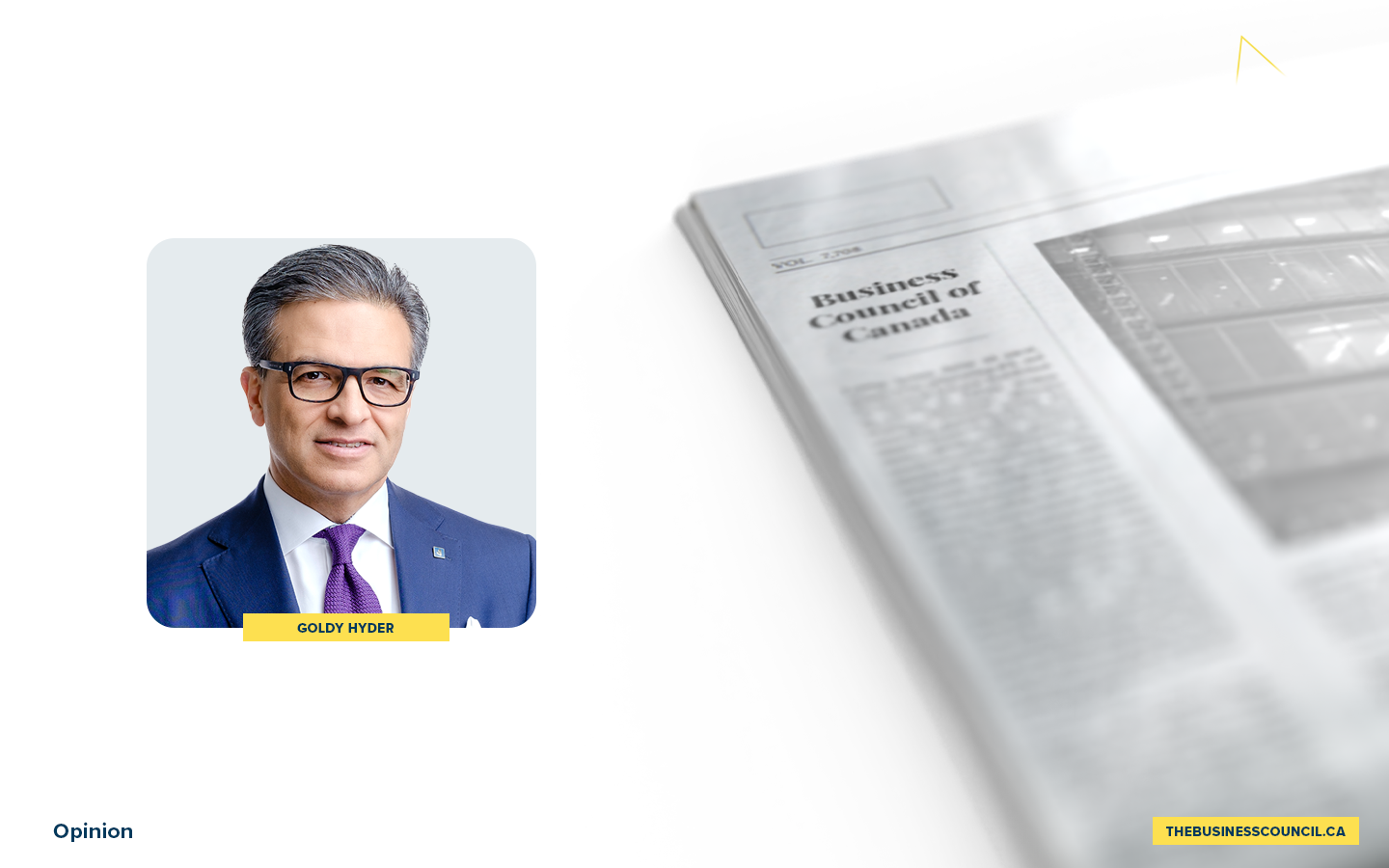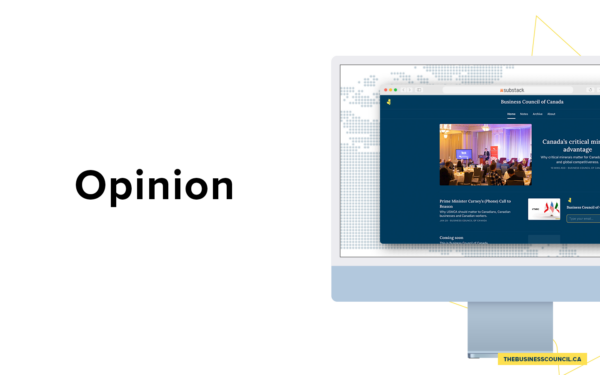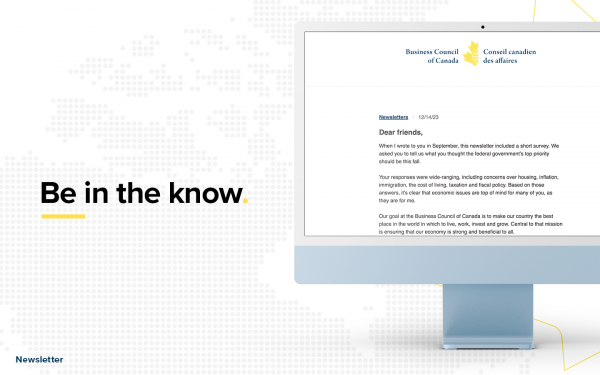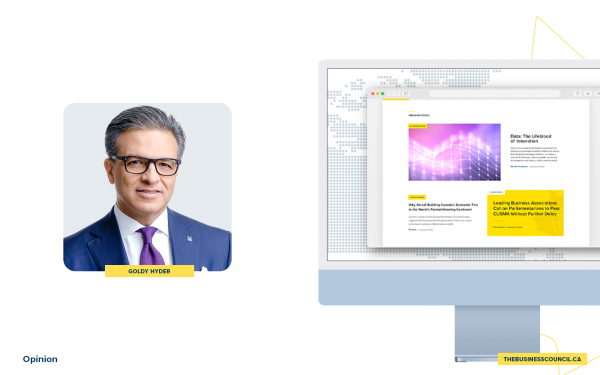Chrystia Freeland is right on ‘friend-shoring.’ Our allies need Canada to help reduce dependence on Russian energy
As published in the Toronto Star
During Janet Yellen’s first visit to Canada in June as U.S. treasury secretary, she and Finance Minister Chrystia Freeland again discussed “friend-shoring” — the idea Canada must prioritize trade with countries which share our values.
Freeland’s remarks deserve more attention than they’ve received. She did more than talk about an economic concept; she gave concrete examples and a call to action. “What we can really contribute to a world of friend-shoring is critical minerals and metals and energy,” she said. “We owe it to our allies as good partners to really step up.”
Freeland is absolutely right. For economic as well as geopolitical reasons, Canada must do more to export critical resources to countries we count as allies. That includes building the infrastructure Canada needs to access international markets.
She’s also correct in suggesting we owe it to our allies to step up and do more. In diplomatic circles, Canada isn’t seen as a reliable partner these days. Far from being viewed as nice and dependable, we are now viewed by many as a country that talks a big game — but often can’t match its words with action.
Canada has given international partners ample reason to question whether we’re able or willing to build big infrastructure projects. Foreign governments and investors have expressed frustration that we appear determined to keep all our critical resources for ourselves. The reputational damage this has created cannot be overstated.
In Korea recently, a senior government official suggested to me that Canada is effectively “hoarding” its critical resources. That leaves Korea with no other choice, he said, but to acquire them from regimes that don’t share Korea’s (or Canada’s) values. It was a serious and sobering assessment from a key strategic ally.
This perception isn’t limited to the Indo-Pacific. German Chancellor Olaf Scholz is coming to Canada in August, in part to make the case for Canada developing new liquefied natural gas and hydrogen export capacity. Like most Europeans, he’d prefer that his country import energy from Canada — and lower its dependence on Vladimir Putin’s Russia.
Given the global stakes involved, we have a moral obligation to move quickly. As Freeland acknowledged, “these are big, challenging projects” which take years to complete once necessary approvals have been secured. The government should identify two or three critical energy infrastructure projects, and then fast-track their approvals.
Done responsibly, the development of critical energy infrastructure would do more than strengthen economic and energy security for Canada and its allies. It would also enhance global environmental security, by allowing like-minded nations to import energy from a country committed to reducing emissions and combating climate change.
To be clear, our allies need Canada to be an exporter of innovative forms of clean energy such as green and blue hydrogen. They don’t want us to be short-term suppliers, but permanent partners. They want our help to transition away from less reputable energy suppliers, as they shift toward renewable sources of energy.
Similarly, as Canada and our allies move toward greater adoption of electric and zero-emission vehicles, our deposits of critical minerals and metals will be in increasingly high demand. We therefore need to significantly expand the supporting supply chain export infrastructure — roads, railways and ports — from coast to coast to coast.
In the past year, we’ve witnessed a surge in investment here in Canada to transition car and truck plants to the production of electric and zero-emission vehicles. We’ve also seen new foreign investment in Canada to develop new battery production facilities. Those investments were made here, not elsewhere, on the promise of access to critical minerals and metals.
These are scarce resources. Over the past two decades, countries that don’t share Canada’s world view have gone about securing extraction rights on multiple continents for minerals and metals crucial to the green economy. If we don’t develop our own critical resources, we will put Canada and our allies at risk.
Various leaders throughout history have been credited with the (perhaps apocryphal) observation that countries don’t have friends, only interests. In that sense, some may view “friend-shoring” as a misnomer. What is clear, however, is Canada has allies — and it is in our interests to supply resources to those allies facing heightened threats.











